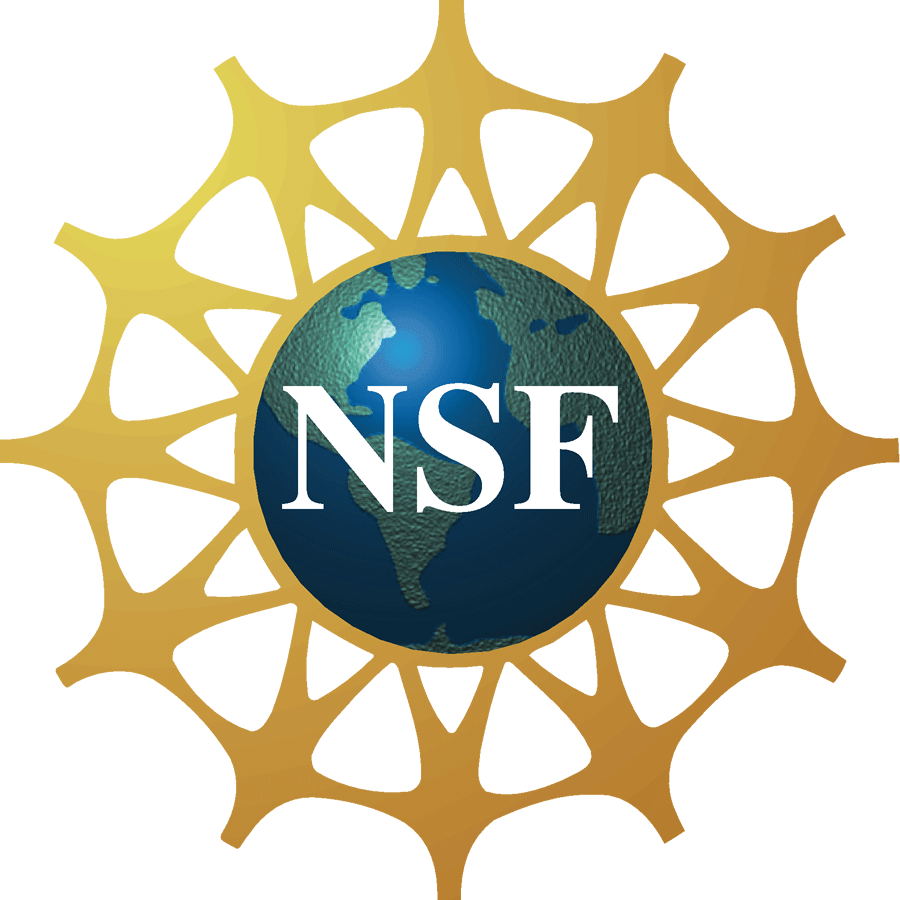Together We Stand
Over the past 70 years, scientific research has been transforming from a solitary operation into an endeavor characterized by an ever-increasing team size. From the Manhattan Project to the Higgs boson experiments, team science has proved successful and consequential. As this model continues to spread, however, it incurs an increasing human and moral cost that needs to be addressed before it undermines its mission. The problem is that both academic training and merit criteria are misaligned with the collaborative nature of modern research. To address this problem we propose a transformative restructuring of the graduate education and academic career system.
The restructuring of graduate education includes: (E1) Introduction of humanities education in doctoral programs of science. (E2) Adoption of a teaching model immersed in group culture. (E3) Elevation of mentorship to a tenure criterion. (E4) Introduction of communal mentorship to address the issue of socioemotional help in big labs.
The restructuring of academic careers includes: (R1) Adoption of career models from other creative communities (e.g., filmmaking) that have embraced a team structure. In this context, the PI model should be replaced with a crew model and the reward system should become multi-polar. (R2) Swelling of the tenure track ranks by drawing talent from the postdoc and non-tenure track ranks. (R3) Restructuring the grant overhead to pay for part of this academic expansion. (R4) Developing late career options for aging faculty to free-up tenured positions. (R5) Rebalancing the teaching load to reduce the need for instructional faculty.
We published this work on September 30, 2014 in Nature Physics
This material is based upon work supported by the National Science Foundation award Grant No. 1135357 entitled "Experiencing Ethics"











